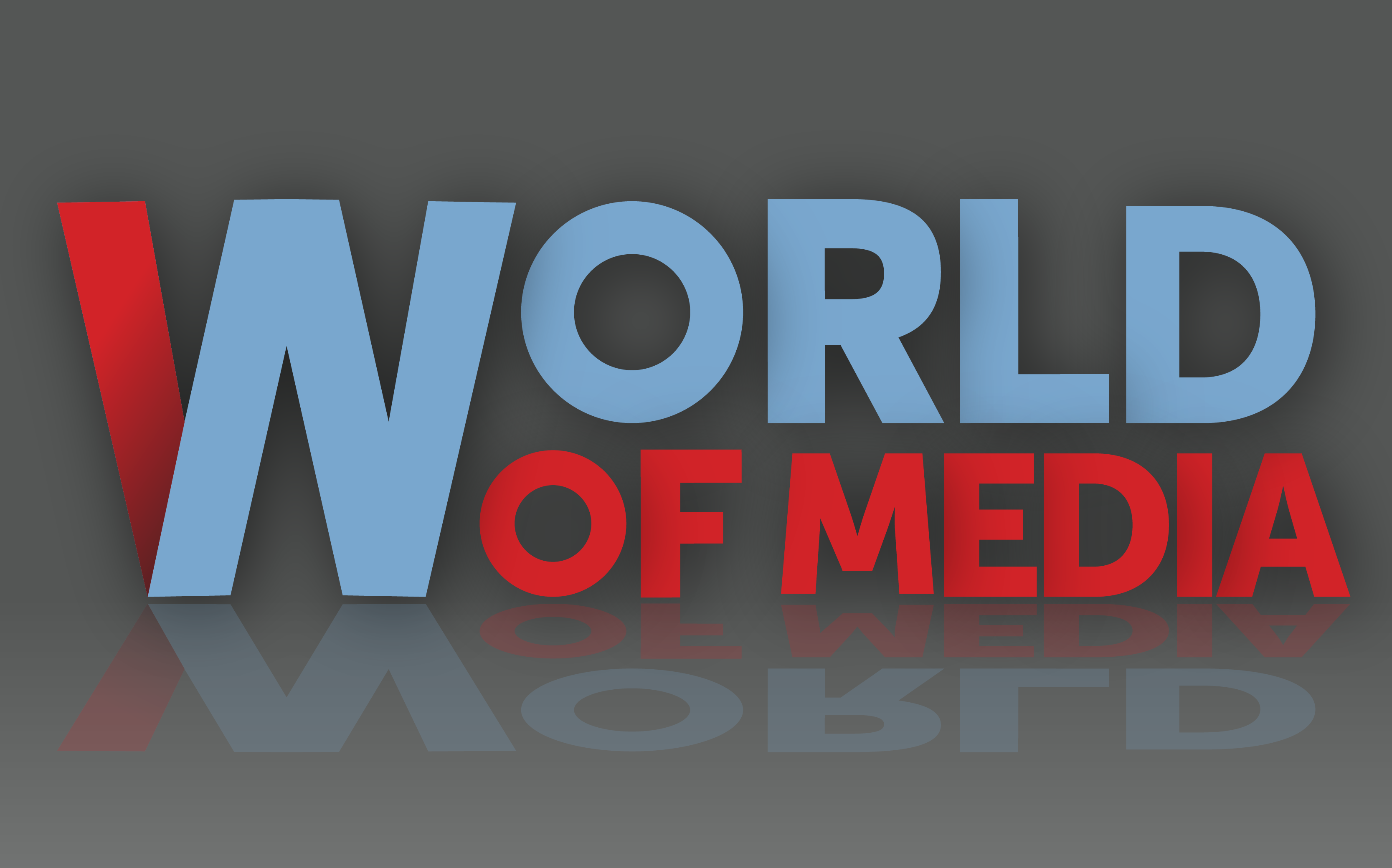The Media Online’s weekly wrap of need-to-know global media news.
Super Bowl: Is the cost worth it?

It is Super Bowl weekend, with Sunday night being one of the biggest advertising spectacles in the US. Oh, and there’s a game too, between Kansas City Chiefs and San Francisco 49ers. But is the $5 million dollar price tag for a 30-second ad spot worth it all? And that is without additional costs such as ad creation, publicity, and other elements of the campaign, writes Business Insider.
“While this event has been at the top of the annual most-watched broadcast list for decades, Super Bowl viewership has levelled off since its 114 million peak in 2015, and overall NFL viewership has also seen a decline. Recent studies have also found that viewers are not giving commercials their full attention, as 10% of consumers are forgetting the brands advertised, and 33% don’t recall seeing the commercials in the first place,” the publication said.
Read more on Business Insider here.
A-game trends for this year’s Super Bowl ad fest
Household names and up and coming brands will be making the most of their almost $175,000 per second time in front the 100 million plus viewers glued to their screens on Sunday night. But what will be the top trends in this year’s batch of commercials?
Forbes has some ideas, listing:
- Gender equality
- Global warming/climate change
- Politics
- Health and wellness
- Beer
Read the Forbes story here.
The Guardian will no longer accept ads for fossil fuels

On the topic of global warming and climate change, The Guardian newspaper has taken the unprecedented step of refusing to run ads for fossil fuels.
In a statement, the Guardian Media Group said it had always tried to lead the way commercially, and had, five years ago, made the decision to shift the investment portfolio of the Scott Trust Endowment fund, which supports the Guardian in perpetuity, to exclude all fossil fuel investments. Now fossil fuel-related investments represent less than 1% of its total funds.
As we’ve considered what more our organisation can do, we realise there is another step we can take, if we’re to stay true to our values,” it said.
“We have decided that we will no longer accept advertising from fossil fuel extractive companies on any of the Guardian’s websites and apps, nor in the Guardian, Observer and Guardian Weekly in print. Our decision is based on the decades-long efforts by many in that industry to prevent meaningful climate action by governments around the world.”
Read The Guardian’s statement in full here.
Canada’s broadcasting legislative review panel recommends eliminating ads

Canada’s Broadcasting and Telecommunications Legislative Review Panel have release a recommending transforming the “public broadcaster into a public media institution with a singular focus on serving a public rather than a commercial purpose.”
The report on from a six-member panel created in June 2018 by the ministers of Innovation, Science and Economic Development Canada, and Canadian Heritage looking into modernising the country’s communications laws, said CBC/Radio-Canada should gradually eliminate advertising on all platforms over the next five years.
Read more here.
Mindshare is MediaPost’s Media Agency of the Year

MediaPost has awarded WPP’s Mindshare one of its highest honours: the title of Media Agency of the Year. In its annual Agency of the Year awards, MediaPost looks for companies that “demonstrate the best vision, innovation, and industry leadership”.
“We have a real opportunity to ensure that our provocation drives meaning for our clients, and the industry at large, instead of just taking risks or pushing on the status quo,” said Adam Gerhart, CEO of Mindshare USA. “We’re thrilled and beyond honoured for Mindshare to be recognised with this honour. It’s a testament to the terrific work our people do every day, and the way they raise the bar for every new idea.”
Read more here.
Google and World Health Organisation partner Coronavirus SOS Alert

Google and the World Health Organisation (WHO) have launched an SOS Alert “to make resources about Coronavirus easily accessible to people affected by or looking to learn more about the outbreak”, The Drum reported.
The WHO on Thursday night declared the virus a global health emergency. Now, when people look for information related to Coronavirus on Google Search, they will find the SOS Alert at the top of the results page.
The Coronavirus, which originated in Wuhan, China in late 2019, has already been the subject of fake news and misinformation. The alert will counter misinformation by providing news, safety tips, information and resources, plus the latest updates from the WHO on Twitter.
Global media agency networks such as WPP, Publicis and IPG have all decided to restrict staff travel to China during the Coronavirus outbreak.
Read The Drum story here.














